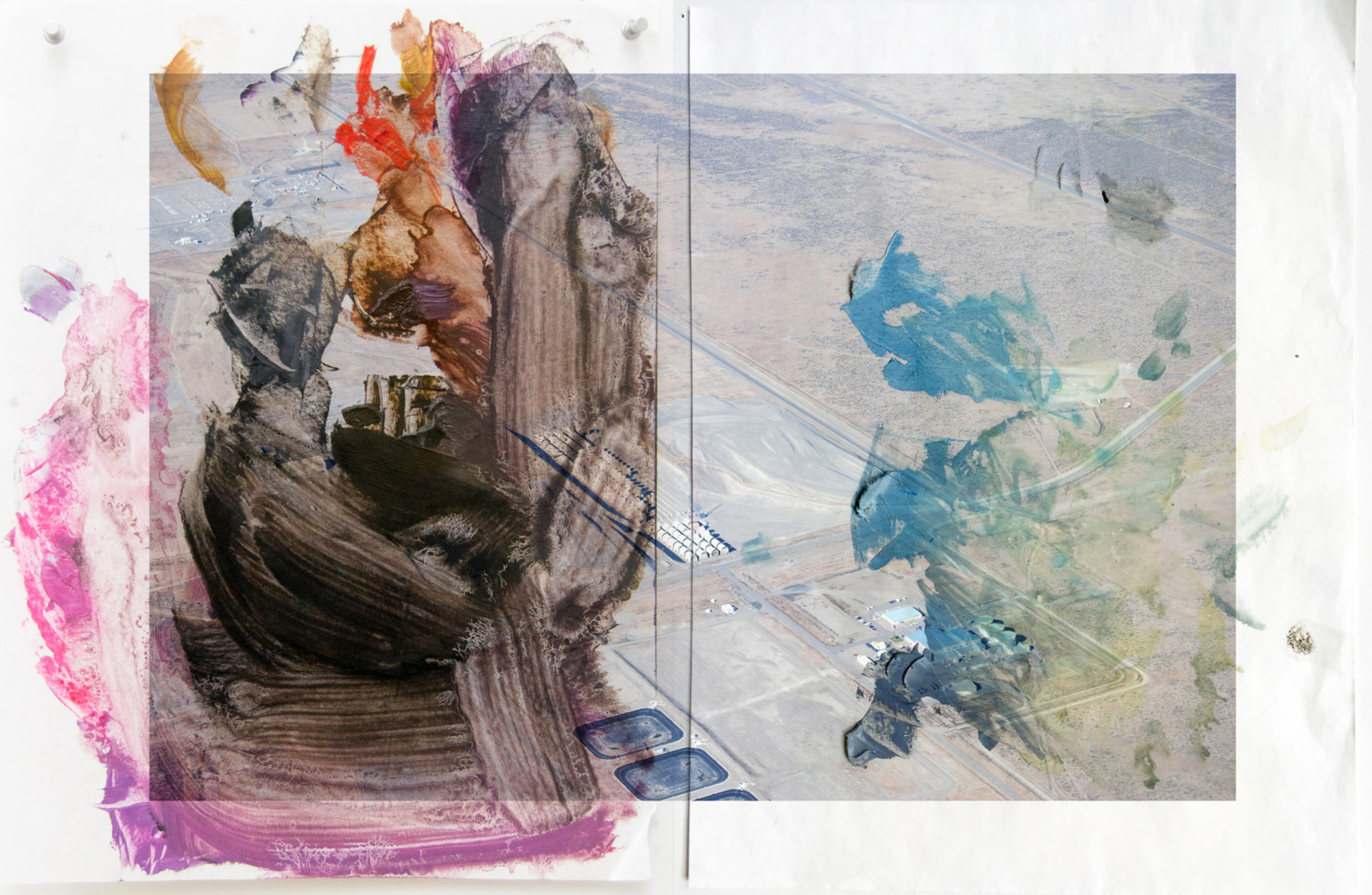The inside of the fridge is cold. Like a tiny morgue, but with bags of carrots instead of bodies. And there’s that cheerful light that greets you every time you open the door. I don’t think morgues have those. The fridge light flicks on without fail, illuminating the landscape of glass and cheap-ish plastic. And because the gleam is so dependable, I easily forget that everything inside—those carrot bags and months-old jars of mustard, that run-down stick of butter too—is usually blanketed in darkness.
I’ve visited the insides of much more complex machines. Like, say, a plane—that mammoth metal tube that manages to stay airborne across continents. The lack of legroom after six (or sixteen) hours routinely purges feelings of transcendent wonder. But still, over the roar of recirculated air and the crinkling cellophane of snack bags, there’s something wild on offer: the challenge of reconciling how very different the world looks from inside, and above, than from outside and below.
It’s a productive place to be, a plane — not only because it gets you from A to B, but because it knocks your perspective off-balance. A massive semi-truck that can squish me flat on earth, is reduced to a tiny far-away dot from the air, coasting along concrete ribbons of highway. I sit at 30,000 feet trying to make sense of these mind-bendingly different vantage points; trying to reconcile these two different worlds.
But the fridge? I stand stuck on the outside looking in. Behind the hermetic seal, life still happens in the darkness, celery slowly softens in the crisper. I’m unreconciled with the inside of the fridge, catching only glimpses of this life at the mercy of that bright light, as I wonder what to have for dinner.
In chapter five of this second letter to the Corinthians, the Apostle Paul describes the world as an “earthly tent,” in which “we sigh with anxiety,” hoping that—and this part I really love—“what is mortal may be swallowed up by life.” Here, Paul isn’t talking about planes or fridges, but he is talking about the reconciliation between two sides of experience. Paul puts us inside this earthly tent. And then inside life itself. As if life is a beast you’d want to be eaten by, so ferocious and sure is this life.
This swallowing up, Paul tells us, is possible because God “reconciled us to himself” through Christ. When Paul says “reconcile,” he’s using a word (in Greek katallassō) whose original meaning meant to change or exchange. By the time he was writing to the Corinthians, reconcile had a well-established sense of bringing things back into balance. Exchanging currencies. Balancing the books. Bringing vastly different perspectives into some sort of coherent wholeness.
Konstantine Stanislavski, the founder of method acting and great apostle of Performing Arts, was obsessed with transcending one’s own perspective. His preaching, as it continues to be spread in acting classes to this day, was to live a part. He evangelized the concept of the Magic If, the moment in which an actor “passes from the plane of reality into the plane of another life, created and imagined by him.”
Yet sometimes our perspectives fail us. In an experiment run by behavioral scientist Nick Epley, one hundred and four couples were given a series of questions and asked to guess how their partner would respond. People in the control group simply predicted answers. And according to Epley, they were reasonably right. People in the second group—the “perspective-takers” as Epley called them— were asked to imagine themselves in their partner’s shoes, journaling about a typical day-in-the-life from their partner’s perspective (Stanislavski would approve) and then answering. Epley says the correlation shrank and the average error grew, which is the statistical way of saying, this second group did way worse than the first.
This failure of perspective-taking drops a little fly in the ointment of imagination. But flies are productive, too. They shake things up. Just like a trip on a plane. Perhaps there’s always a little bit of ourselves that we take along our roads of reconciliation — the lives Stanislavski crafted in the inner sanctum of the self had to have had some part of himself in them too. As if it were wiser to submit ourselves in service to the other, instead of looking to transcend ourselves.
I wonder if my obsession with the fridge’s one-sidedness, my desire to transcend life on the outside of it, is a mark of my inability to stomach mystery. As if I’m missing an enzyme to process even this most every day of enigmas, and if that suggests a larger failure to sit with the unknowable.
It’s one thing to make peace with the always-deepening mystery of God. Mystics and laymen alike can consider it. But everyday appliances are another story. And I’ll never actually live inside the fridge. So I imagine myself, Stanislavski-like, inside the cool darkness instead. I’m wedged up against smears of jam and pools of congealed cooking juice. I can feel the tissue-papery outline of a dried-out leaf—parsley perhaps or cilantro—it’s too late to tell. And there’s this feeling that every molecule inside—in the eggshells, in the plastic yogurt tub, in my flesh— is moving slower in that all-encompassing cool. Activity dulled in the name of preservation. Suspension in the dark abyss. Waiting to be swallowed back up by life.
By Marika Proctor
Marika Proctor graduated with an MAR in Religion & the Arts from YDS in May. She has written journalistically for Religion News Service. Before telling stories in the news, she told stories in the theater, acting in over 20 professional theater productions throughout the country.
